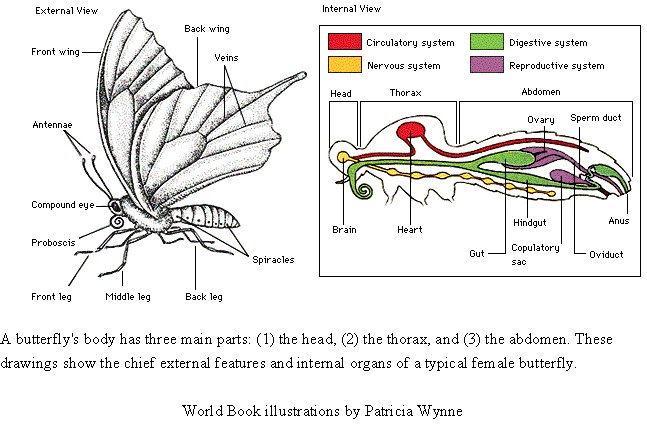|
|
|
One way to reduce acid reflux is to lose two or three pounds. Most people lose weight in the belly area first when they increase exercise, meaning that heartburn can be reduced quickly by this method.
A headache when you wake up in the morning is indicative of sinusitis. Other symptoms of sinusitis can include fever, weakness, tiredness, a cough that may be more severe at night, and a runny nose or nasal congestion.
The tallest man ever known was Robert Wadlow, an American, who reached the height of 8 feet 11 inches. He died at age 26 years from an infection caused by the immense weight of his body (491 pounds) and the stress on his leg bones and muscles.
Bacteria have flourished on the earth for over three billion years. They were the first life forms on the planet.
In the United States, congenital cytomegalovirus causes one child to become disabled almost every hour. CMV is the leading preventable viral cause of development disability in newborns. These disabilities include hearing or vision loss, and cerebral palsy.
 Foot reflexology chart indicates points on the foot that reflexively correspond to other areas of th
Foot reflexology chart indicates points on the foot that reflexively correspond to other areas of th
 Subcutaneous drug administration: (d) the needle is removed and the puncture site is covered with an
Subcutaneous drug administration: (d) the needle is removed and the puncture site is covered with an





